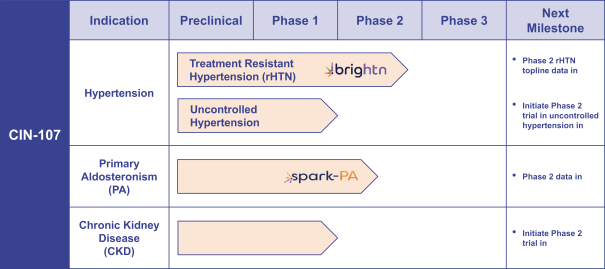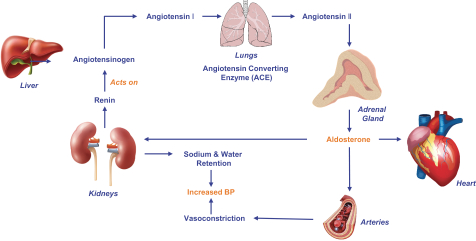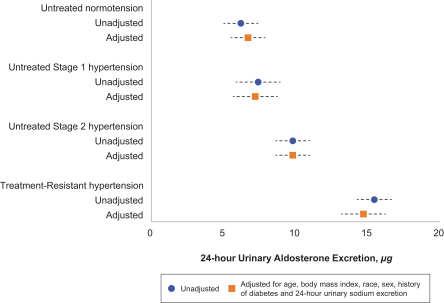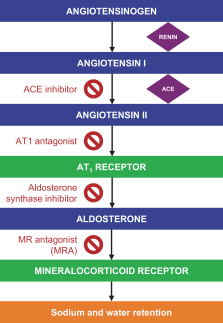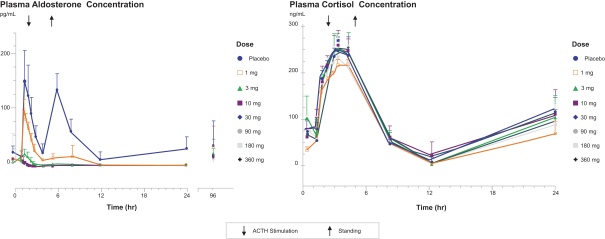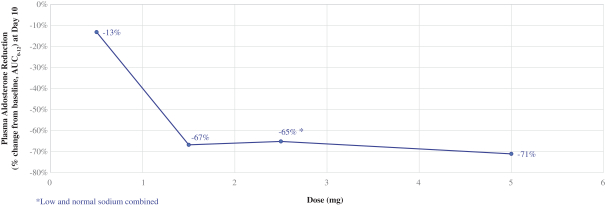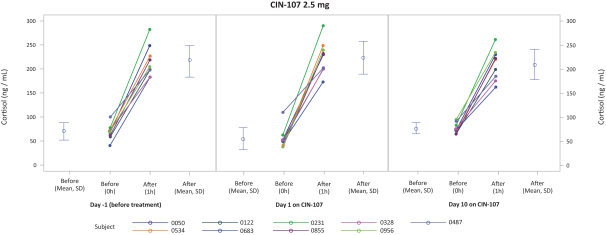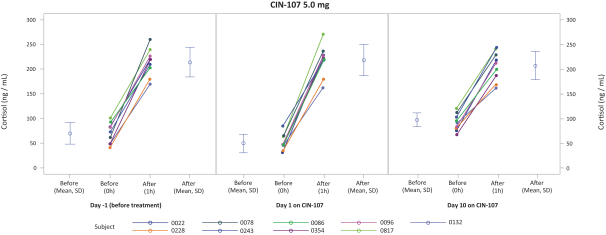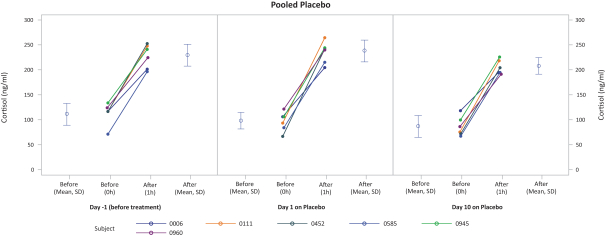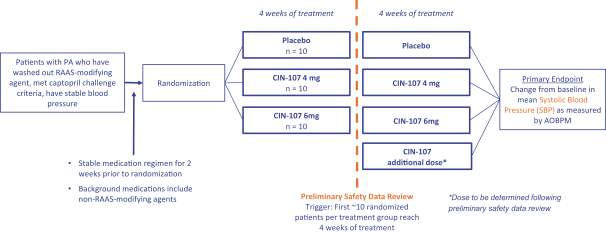We strive to comply with applicable data protection laws to the extent possible, but we may at times fail, or may be perceived to have failed, to do so. Data protection laws and data protection worldwide are, and are likely to remain, uncertain for the foreseeable future, and our actual or perceived failure to address or comply with these laws could: increase our compliance and operational costs; limit our ability to produce our products; expose us to regulatory scrutiny, actions, investigations, fines and penalties; result in reputational harm; result in litigation and liability, including class action litigation; cause to incur significant costs, expenses and fees (including attorney fees); cause a material adverse impact to business operations or financial results, and; otherwise result in other material harm to our business. In addition, any such failure or perceived failure could result in public statements against us by consumer advocacy groups, the media or others, which may cause us material reputational harm.
We are subject to U.S. and foreign anti-corruption and anti-money laundering laws with respect to our operations and non-compliance with such laws can subject us to criminal and/or civil liability and harm our business.
We are subject to the U.S. Foreign Corrupt Practices Act of 1977, as amended, or the FCPA, the U.S. domestic bribery statute contained in 18 U.S.C. § 201, the U.S. Travel Act, the USA PATRIOT Act, and possibly other state and national anti-bribery and anti-money laundering laws in countries in which we conduct activities. Anti-corruption laws are interpreted broadly and prohibit companies and their employees, agents, third-party intermediaries, joint venture partners and collaborators from authorizing, promising, offering, or providing, directly or indirectly, improper payments or benefits to recipients in the public or private sector. We may have direct or indirect interactions with officials and employees of government agencies or government-affiliated hospitals, universities, and other organizations. In addition, we may engage third-party intermediaries to promote our clinical research activities abroad and/or to obtain necessary permits, licenses, and other regulatory approvals. We can be held liable for the corrupt or other illegal activities of these third-party intermediaries, our employees, representatives, contractors, partners, and agents, even if we do not explicitly authorize or have actual knowledge of such activities.
Compliance with the FCPA is expensive and difficult, particularly in countries in which corruption is a recognized problem. The FCPA presents particular challenges in the pharmaceutical industry, because, in many countries, hospitals are operated by the government, and doctors and other hospital employees are considered foreign officials. Certain payments to hospitals in connection with clinical trials and other work have been deemed to be improper payments to government officials and have led to FCPA enforcement actions.
We cannot ensure that our employees and third-party intermediaries will comply with such anti-corruption laws. Noncompliance with anti-corruption and anti-money laundering laws could subject us to whistleblower complaints, investigations, sanctions, settlements, prosecution, other enforcement actions, disgorgement of profits, significant fines, damages, other civil and criminal penalties or injunctions, suspension and/or debarment from contracting with certain persons, the loss of export privileges, reputational harm, adverse media coverage, and other collateral consequences. If any subpoenas, investigations, or other enforcement actions are launched, or governmental or other sanctions are imposed, or if we do not prevail in any possible civil or criminal litigation, our business, results of operations and financial condition could be materially harmed. In addition, responding to any action will likely result in a materially significant diversion of management’s attention and resources and significant defense and compliance costs and other professional fees. In certain cases, enforcement authorities may even cause us to appoint an independent compliance monitor which can result in added costs and administrative burdens.
Further, the provision of benefits or advantages to physicians to induce or encourage the prescription, recommendation, endorsement, purchase, supply, order, or use of medicinal products is prohibited in the European Union. The provision of benefits or advantages to physicians is also governed by the national anti-bribery laws of European Union Member States, such as the UK Bribery Act 2010. Infringement of these laws could result in substantial fines and imprisonment. Payments made to physicians in certain European Union
44

